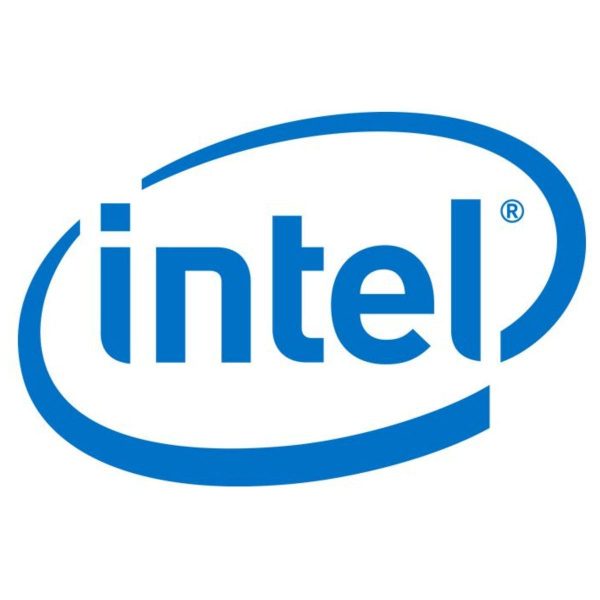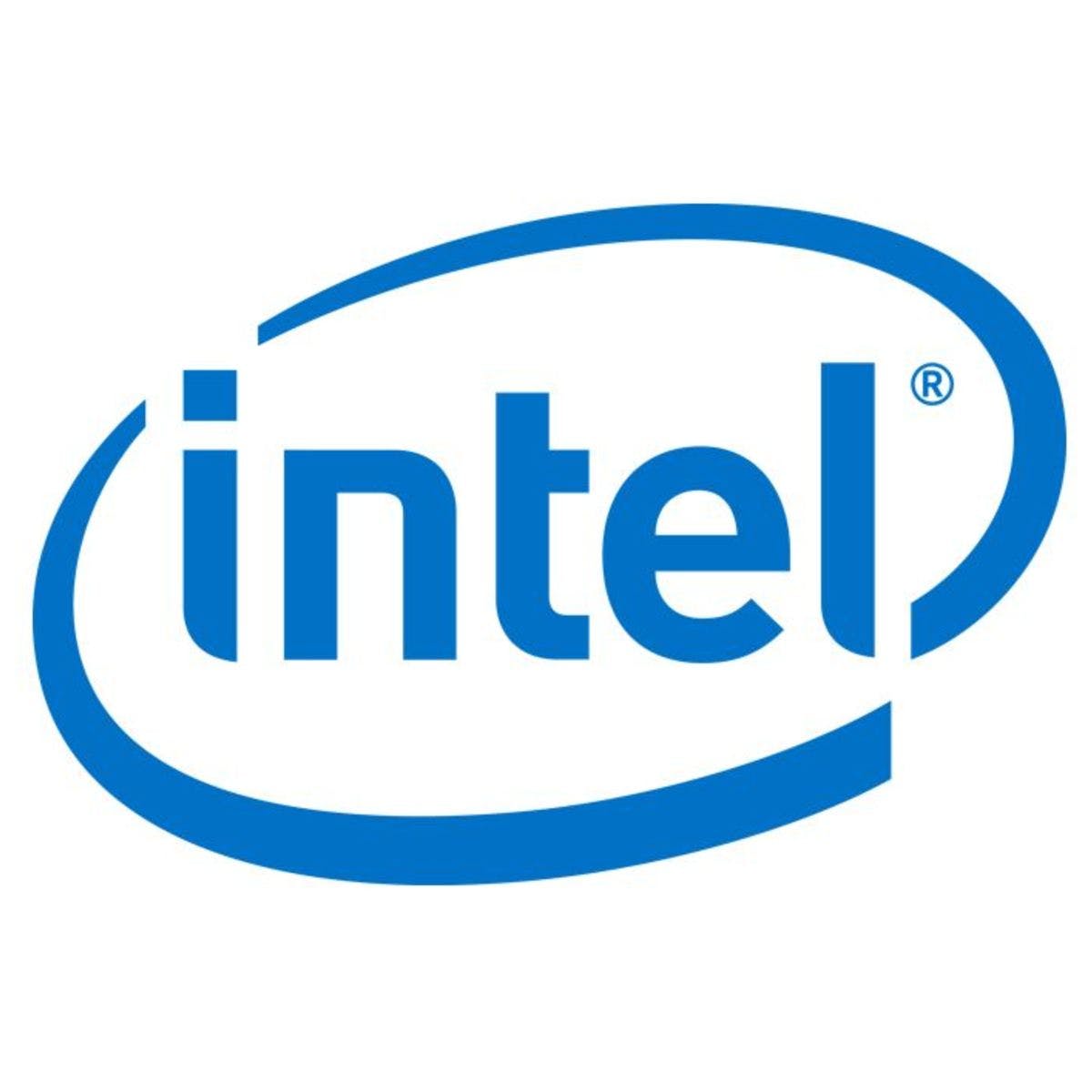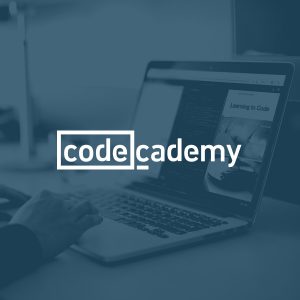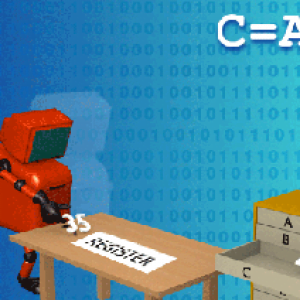
OpenCL™ is a standard for writing parallel programs for heterogeneous systems, much like the NVidia* CUDA* programming language. In the FPGA environment, OpenCL constructs are synthesized into custom logic. An overview of the OpenCL standards will be discussed. You will learn about the platform, execution, memory, and programming models that define the OpenCL specification. Syntax of the OpenCL language will be discussed, and you will see examples of OpenCL usage. The similarities and differences between OpenCL and CUDA will be highlighted throughout. The advantages of using the Intel® FPGA OpenCL solution will be presented.*OpenCL and the OpenCL logo are trademarks of Apple Inc. used by permission of Khronos*Other names and brands may be claimed as the property of others The Intel® Developer Zone offers tools and how–to information to enable cross–platform app development through platform and technology information, code samples, and peer expertise in order to help developers innovate and succeed. Join communities for the Internet of Things, Artificial Intelligence, Virtual Reality, Persistent Memory & Game Dev to download tools, access dev kits, share ideas with like–minded developers, and participate in hackathons, contests, roadshows, and local events.
Instructor Details
Courses : 1
Specification: Introduction to OpenCL on FPGAs
|
2 reviews for Introduction to OpenCL on FPGAs
Add a review Cancel reply
This site uses Akismet to reduce spam. Learn how your comment data is processed.

| Price | Free |
|---|---|
| Provider | |
| Duration | 14 hours |
| Year | 2020 |
| Level | Beginner |
| Language | English |
| Certificate | Yes |
| Quizzes | Yes |

FREE






Ziyuan L –
Pros: well packed contents, that you may need additional materials to understand what the instructors really mean (I chose “OpenCL in Action”); I have no prior knowledge on OpenCL nor FPGA so I have learned a lot. Cons: Errors in quiz answers, such that sometimes you have to choose wrong answers to get passed; Less responsive instructors; C API and C++ API being mixed in the lectures; Overlapped contents from the two instructors; introduction to the toolchain (especially under Windows) should be at the beginning of the course not in week 5 in my opinion; As a non native English speaker, I found the second instructor (Nikhil, in week 5) lectures much clearer than the first instructor (Dennis, in week 1 4), who always sounds like only pronouncing 2/3 of each word; of course this is my problem. All in all it’s a unique course where you can learn something to start, but I would say there is still room to improve, so that the course doesn’t look like a KPI project from Intel for just increasing some counter. To Coursera: that clicking outside the review dialog box will erase all the content that one has input is a very stupid design.
monica p –
Good Introductory course with labs